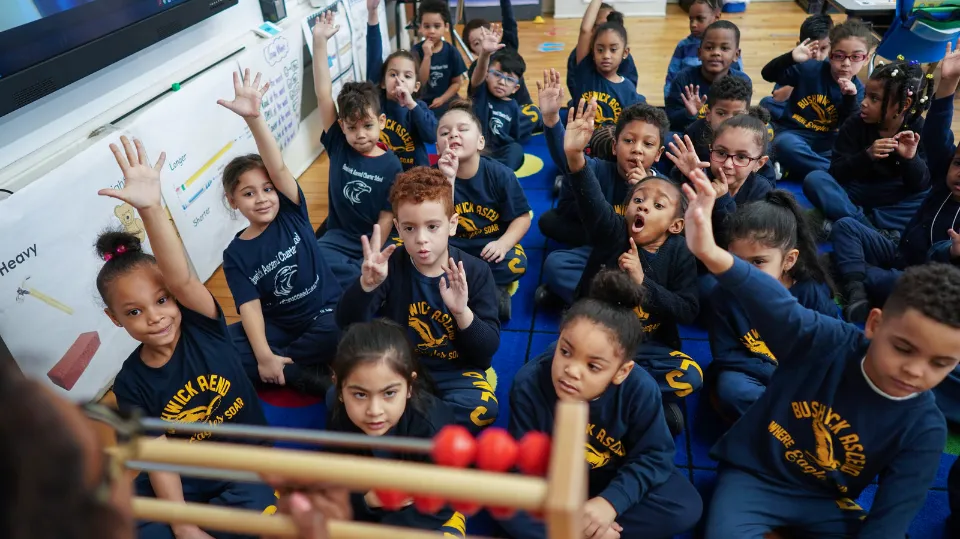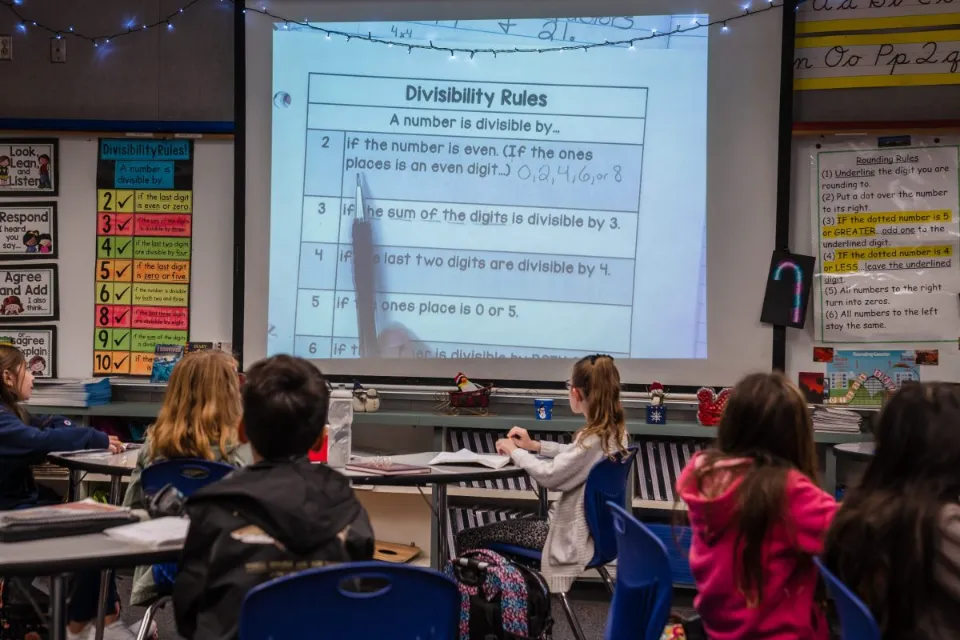
Why Charter Schools Are Good? 12 Reasons to Consider One
Here are twelve reasons why parents send their children to charter schools for their education, including smaller class sizes and diverse student populations.
Education at a charter school is one of the most well-liked alternatives for families looking for alternatives to traditional public school, and the number of charter school students steadily increases every year.
Do you need to send your child to a charter school, though? How should you choose a charter school? The top 12 reasons to consider a charter school are listed below, along with advice on how to choose the best option for your child.
Charter Schools Are Designed to Fit Your Child’s Unique Needs
Unfortunately, the nearest public school to many families either performs poorly or is inadequate for their child’s needs. Prior to the widespread school choice movement, families had few options besides the expensive private schools that served as their only other option outside of the neighborhood school system.
However, parents now have a free alternative to take into account thanks to charter schools, giving them more freedom to choose a school that meets their child’s academic and emotional needs.
Give Your Child Flexibility & Freedom Not Found in Public Schools
Due to their unique freedom and flexibility, which cannot be compared to that of public school districts, charter schools are frequently able to devote more time, money, and resources to assisting students in exceeding academic standards.
This greater flexibility allows many charter schools to specialize in particular fields like art, music, science, or technology in addition to getting rid of pointless politics and putting the emphasis back on education.

Charter Schools Help Your Child Excel With a More Rigorous Curriculum
Even though it’s true that charter schools have a lot of autonomy over how their curriculum is managed, they are actually held to a much higher standard than regular public schools.
Further Reading: 34 Main Pros and Cons of Charter Schools You Need to Know
Charter schools are held accountable by their charter in addition to the laws that apply to public schools because they receive public funding, so they must still abide by all of those laws.
In addition to lower enrollment and lower parental support, not meeting academic expectations can result in the district’s charter being revoked. With more scrutiny, charter schools are guaranteed to fulfill all of their obligations in terms of education.
Charter Schools Provide An Affordable Alternative to Private Education
There is no tuition to send your child to a charter school because they receive their funding from public sources, though some do charge fees for particular extracurricular activities and programs.
One of the main reasons why many families pick a charter school over a private school is because there is no tuition, which is a huge perk for parents, especially those who have multiple children.
Charter Schools Have a Diverse Student Population
While some critics claim that charter schools are exclusive and segregated, most actually encourage diversity. The majority of neighborhood public schools, which reflect the demographics of the neighborhoods nearby, do not have as much diversity.
Charter schools accept students from all backgrounds, and their diversity may well aid in preparing their students for life and employment in a society that is becoming more and more diverse and pluralistic.

Charter Schools Are Cheaper Alternative Than Private School
There is no tuition to send your child to a charter school because they receive their funding from public sources, though some do charge fees for particular extracurricular activities and programs.
One of the main reasons why many families pick a charter school over a private school is because there is no tuition, which is a huge perk for parents, especially those who have multiple children.
Charter Schools Procide Strong Parent Involvement
Charter schools encourage parent involvement, so as a result, parents collaborate with the school and teachers and are frequently involved in campus volunteer projects. Given the follow-up instruction and direction that parents offer, this cooperation is crucial in fostering learning.
Teaching is Often More Innovative in Charter Schools
Charter schools have the freedom to establish their own rules and regulations, despite the fact that they must abide by public school regulations. Actually, charter schools are free to create their own curricula as a means of achieving their unique goals.
Charter Schools Can Offer a Unique Focus
Numerous charter schools were developed to focus on a particular subject, like math and science, technology, or the arts. On their websites and in printed materials, charter schools typically list their areas of specialization, enabling parents and students to find a school that best suits their child’s interests and needs.

Class Sizes Tend to Be Smaller
Smaller classes than those typically found in traditional public schools are a goal of most charter schools, which typically have a few hundred students rather than a thousand or more.
Smaller classes increase the opportunities for one-on-one student-teacher interaction and provide students with better access to instructional support, enabling teachers to quickly determine each student’s needs.
Charter Schools Provide Different Disciplinary Methods
Your child may benefit from the more individualized attention and intimate setting charter schools can offer if behavior problems are affecting his or her academic performance or social well-being in a traditional public school.
Highland Turby, a secondary intervention specialist at Uplift Peak Preparatory and a former teacher for a nearby school district, thinks charter schools like hers may have better methods for addressing the underlying problems that lead to discipline issues with students.
Charter Schools Can Aid Individual Learners
With a personalized learning approach or a small group setting, charter schools give students a more individualized learning experience. This relieves pressure on anxious kids and enables them to work toward more ambitious goals. This differs from public schools, which enroll a sizable number of students.
Charter schools provide students who might require it specifically for competing in the competitive world with the precise care and teaching experience they need.
In a public school, some silent students might feel excluded, but teachers in charter schools pay close attention to each student’s unique needs. Every child is meant to succeed, so individualized teaching strategies were developed with the help of volunteers and parents.
Final Thoughts: Choosing a Charter School
Given the many advantages that charter schools provide, it is not surprising that more and more parents are deciding to send their children to one of these institutions across the country.
Even though picking a charter school can be challenging, most of them give prospective parents the chance to learn more by hosting open houses or scheduling private tours. Investigate your options locally and conduct research. You are the best person to choose the best path for your child.
FAQs
Why Do People Think Charter Schools Are Better?
A charter school can help a child excel through a more rigorous curriculum. Although charter schools are given special latitude in managing and designing their curricula, they are frequently held to a higher standard than conventional public schools.
Why Are Charter Schools Controversial?
The most common arguments about charter schools are that: Charters steal kids and money from traditional public ISDs. Charters function like private schools and are selective. Students from historically underserved families are not admitted to public charter schools.
Are Charter Schools Better Than Public Schools in Florida?
The report shows that most students do better in Florida’s charter schools. In English Language Arts, Math, Science, and Social Studies, a higher proportion of charter school students achieved a level three or higher on the state exams.


